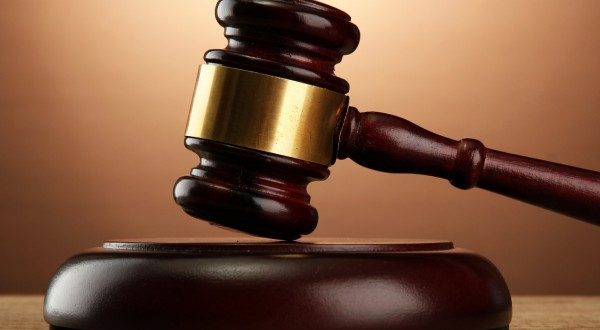A Nairobi court has rejected an application seeking the recusal of Chief Magistrate Dolphina Alego from presiding over a Sh1.3 billion land fraud case, terming the bid an attempt to intimidate the judiciary and delay proceedings.
The application had been filed by Andrew Kirungu, the first accused in the case, who wanted the matter reassigned to a different magistrate on grounds of alleged bias. In her ruling, Magistrate Alego dismissed the claims as speculative, unsubstantiated, and deliberately timed to derail justice.
She noted that the allegations of bias emerged only after the prosecution had closed its case and the accused had been placed on their defence. “Was the court expected to acquit at this stage?” she asked, suggesting that the motion was a calculated ploy to interfere with the judicial process.
The defence had accused the magistrate of demonstrating bias through her conduct, body language, and the way she handled proceedings. They also cited media reports and parliamentary mentions as factors that allegedly influenced the case. Alego, however, dismissed these assertions as a narrative based on conjecture and paranoia.
The magistrate recalled how the court had previously accommodated the accused by reducing his bond due to health concerns, questioning why the same court was now being accused of bias. She also observed that only one of the two accused persons had filed the application, a move she said reflected ulterior motives rather than genuine concern over fairness.
Alego reiterated that judicial officers should only recuse themselves under specific conditions outlined in the Judicial Service (Code of Conduct and Ethics) Regulations, 2020—such as being a party or a witness in the case. She cited key precedents, including the Philip K. Tunoi & Another v Judicial Service Commission case, which outlines the standard for determining judicial bias.
Emphasizing that “absolute neutrality” is impossible, she stated that what is expected of judges is “judicial impartiality.” Alego described the application as an affront to the independence of the judiciary and vowed not to bow to intimidation.
The court has since scheduled the defence hearing, with the cross-examination of the first accused set for October 16, 17, and 18, bringing the long-running trial closer to conclusion.

